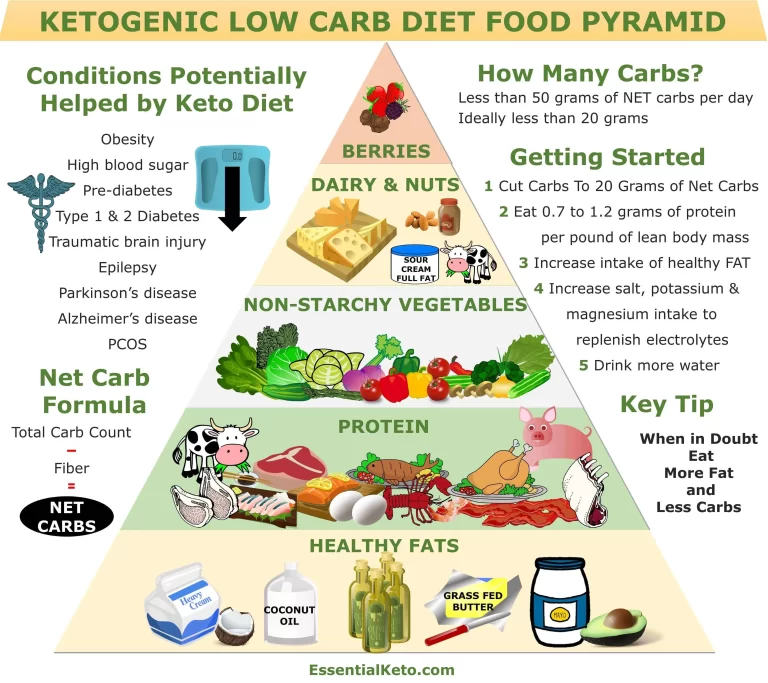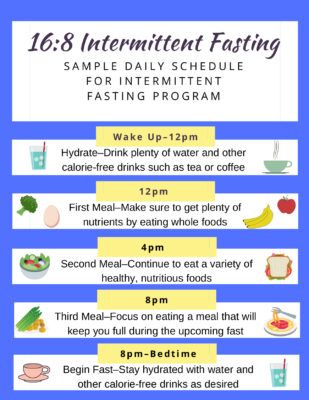Collagen is a protein that is essential for maintaining the health and structure of our skin, bones, tendons, ligaments, and other connective tissues. It is naturally produced by our bodies, but as we age, our collagen production tends to decline. This decline often leads to visible signs of aging, such as wrinkles, sagging skin, and joint pain. To combat these effects, many people turn to collagen supplements.
The Basics of Collagen Supplements
Collagen supplements come in various forms, including pills, powder, and drinks. They are typically derived from animal sources, such as bovine or marine collagen. These supplements contain collagen peptides, which are broken down into smaller molecules for better absorption by the body. The idea behind taking collagen supplements is to provide the body with an extra dose of collagen, hoping to replenish the declining levels and improve the health of our skin, hair, and joints.
The Potential Benefits
There is growing evidence to suggest that collagen supplements can offer several benefits. One of the most notable benefits is improved skin elasticity and hydration, which can lead to a reduction in the appearance of wrinkles and fine lines. Some studies have also shown that collagen supplements may help promote joint health and relieve symptoms of conditions like osteoarthritis.
Considerations for Efficacy
While collagen supplements show promise, it’s important to approach them with some caution. The effectiveness of collagen supplementation can vary depending on factors such as the quality of the supplement, dosage, and individual response. Additionally, collagen molecules are relatively large, making it challenging for them to be effectively absorbed by the skin or reach target tissues like joints. Therefore, the bioavailability of collagen supplements may be limited.
Collagen-Rich Foods
If you’re skeptical about collagen supplements or are looking for alternative ways to boost your collagen levels, incorporating collagen-rich foods into your diet may be a good option. Foods like bone broth, fish, chicken, and egg whites are all known to be rich sources of collagen. Consuming a balanced diet with a variety of nutrients can also support the body’s natural collagen production.
Conclusion
Collagen supplements have gained popularity due to their potential benefits for skin health, joint function, and other connective tissues. While their efficacy may vary, incorporating collagen-rich foods into your diet can be a more natural way to boost collagen levels. It’s always wise to consult with a healthcare professional before starting any new supplement regimen, especially if you have any underlying medical conditions. Ultimately, the decision to try collagen supplements should be based on individual needs and preferences.









